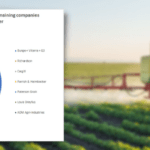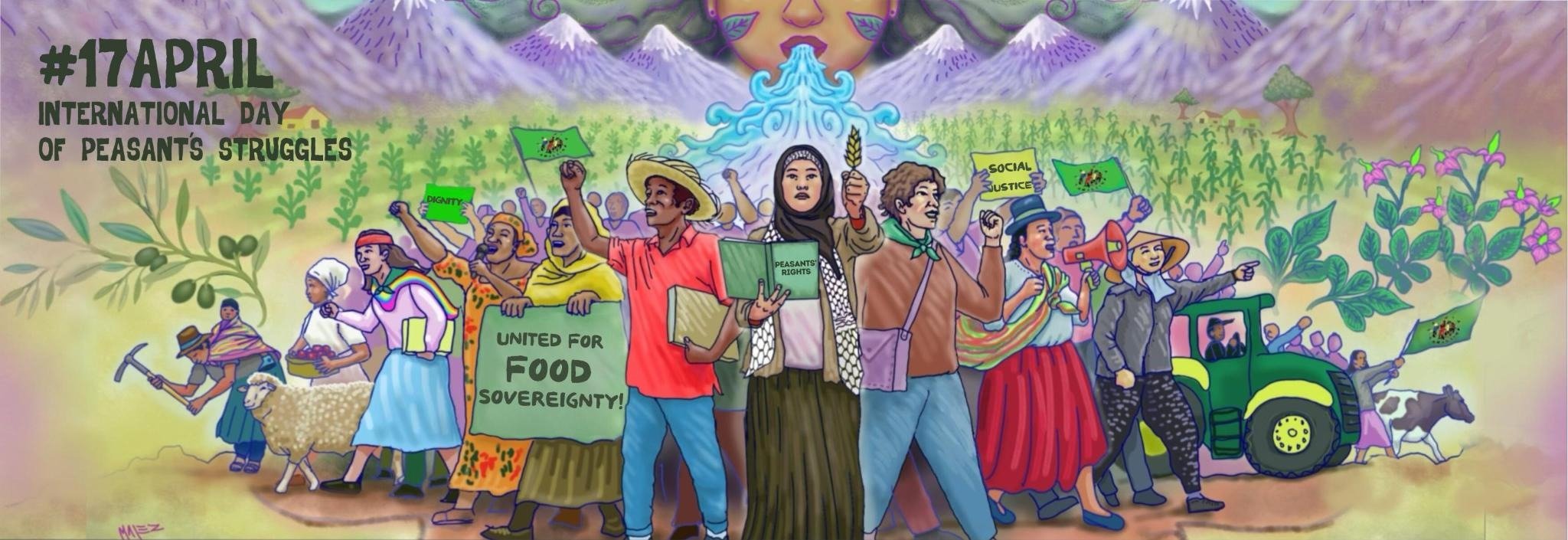 The federal government is proposing changes to the Income Tax Act aimed at collecting revenue from corporations that are using certain measures as loopholes to shelter profits from being taxed at the same rate as other Canadians’ income.
The federal government is proposing changes to the Income Tax Act aimed at collecting revenue from corporations that are using certain measures as loopholes to shelter profits from being taxed at the same rate as other Canadians’ income.
There is a very heated debate in the farm community about these tax proposals, largely because some organizations and the media in general, have failed to analyze the proposals, omitted key details or have not mentioned that the government is holding public consultations. The actions of very wealthy players who are abusing provisions that were intended to help small business owners have focused attention on tax-dodging practices, resulting in the government’s proposal.
Canada’s democratic system lives by the grace of fairly collected tax and prudently managed government expenditures. It is vitally important that tax loopholes are closed. The proposed changes are clearly set out to do just that.
The Government is looking at three specific type of tax evasion:
- Income sprinkling (when corporations pay dividends to family members who do not contribute to the business, for the sole purpose of avoiding taxes).
- Passive investment (when a wealthy person uses their private corporation to make investments in mutual funds, stock markets, bonds, etc. instead of investing under their own name, allowing them to pay less tax and increase their private fortune faster).
- Converting income into capital gains (setting up shell companies and using the corporation’s income to buy and sell shares in these companies, resulting in profits being counted as capital gains from these transactions instead of income from their corporation, and thus taxed at a lower rate).
The majority of farm family income in Canada comes from off-farm jobs, which is taxed upfront. The proposed changes do not apply to all revenues, but only to net profits — the money left after all expenses (including salaries) are paid. And the proposed changes do not affect the existing provision for a lifetime capital gains exemption of $1 million when passing the farm on to the next generation.
The 2016 Census data indicates only 25% of Canadian farms are incorporated, so for 75% of farmers this tax loophole conversation is irrelevant. Several incorporated NFU farmers have asked their accountants’ opinion on implications for their farms and all were assured that the proposed legislation would have no negative impacts for them. Only a very small portion of incorporated farms are profitable enough to warrant the cost of accountant fees to set up loophole arrangements.
The Canadian Taxpayers Federation has led the bandwagon very successfully. We all should know by now that they, along with the Fraser Institute and the other corporate-funded think tanks, have the interests of the 1% at heart.
They know how to rally the masses, create Trump-like hype characterized by shallow rhetoric, lack of substance and purely misleading statements. The media has contributed by reporting this hype and neglecting to do a thorough analysis. The 1% knows that they are not the majority, so they dress up their wish list as if it is actually good for society.
The farm population is often targeted by opinion manipulators and demagogues working for the elite. In Canada, trust in farmers is ranked very high. Canadians know about the struggle that farmers face, as well as how much they depend on farmers feeding them. Canadians care when farmers are publically outraged. The 1% uses this information, and in this case, mobilizes farmers’ outrage to maintain lucrative tax loopholes for themselves as if they also help farmers.
There is a way forward to help farmers by proposing positive amendments to the Income Tax Act. Farmers are struggling to make a living on the farm. Farm debt is at an all time high. An aging farm population struggles to maintain income security when they help set up a new generation on the farm. Farmland values are disproportionate to farm income, making the farm transfer to the next generation even more complicated.
A few practical steps helping farmers would be:
- Increase the one time capital gains exemption to maintain income for the retiring farmers and facilitate transfers to the next generation.
- Encourage and facilitate beginning farmers with new incentives and tax breaks.
- Tax absentee and speculative land ownership to bring farmland values back in line with farm incomes to facilitate land affordability for the next generation of farmers.
- Use tax incentives to facilitate the formation of Land Trusts.
- We need to collect taxes where they are due and we need to use the consultation opportunities given by the Federal Government to advocate for the kind of tax measures that farmers actually need and that are beneficial for the Canadian public.
By Jan Slomp, National Farmers Union President
If you would like more information about this issue, please see Separating the Grain from the Chaff regarding Tax Reform Proposals
Cover Image: Representative image, source from The Globe and Mail.






